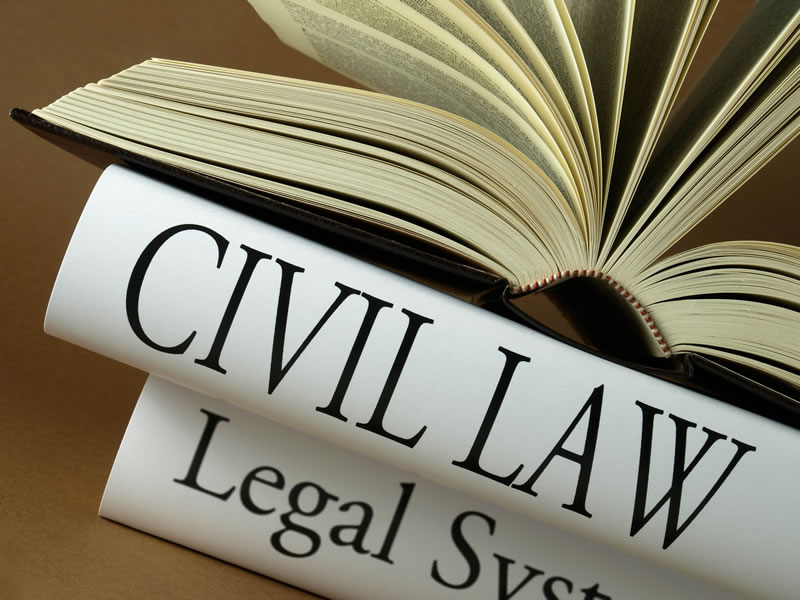
What do you mean by res-judicata?
Res judicata is a legal principle that means “a matter already judged” in Latin. It refers to the concept that once a court has made a final decision on a dispute between two parties, that decision is binding and cannot be challenged or re-litigated in another court or lawsuit. In simpler terms, res judicata prevents the same matter from being brought before the court multiple times.
The principle of res judicata serves a few important purposes within the legal system:
- Finality: Res judicata ensures that legal disputes come to an end. Once a court has reached a final decision and issued a judgment, it provides certainty and closure to the parties involved. It prevents never-ending rounds of lawsuits on the same issue.
- Judicial Efficiency: Res judicata promotes the efficient use of judicial resources. Courts have limited time and capacity, so it’s important to avoid duplicative proceedings. By not allowing the same matter to be re-litigated, it saves time, effort, and money for everyone involved.
- Preventing Inconsistent Decisions: Res judicata helps maintain the integrity and consistency of the legal system. If different courts could reach different conclusions on the same matter, it would create confusion and undermine public trust in the justice system. Res judicata prevents such inconsistencies by making sure that once a matter has been finally decided, it cannot be reopened.
For res judicata to apply, certain conditions must be met:
- Same Parties: The same parties or their legal representatives must be involved in both the original and subsequent lawsuits. This means that if two parties go to court over a dispute, res judicata will apply if they try to go to court again over the same matter.
- Same Cause of Action: The subsequent lawsuit must involve the same cause of action or legal issue that was already decided in the previous case. This means that if the parties later have a dispute about a different matter, res judicata won’t apply because it’s a different issue.
In summary, res judicata is a legal principle that prevents the re-litigation of a matter that has already been finally decided by a court. It promotes finality, judicial efficiency, and consistency in the legal system. Once a court has made a decision and issued a final judgment, parties must accept and abide by that decision, and they cannot bring the same matter before the court again.
Simple Explaination
Now I’ll explain the concept of res judicata in a simple and easy-to-understand way.
Imagine you have a toy that you and your friend both want to play with. You both argue about it, and eventually, your parents step in and make a decision. They say that you can play with the toy today, and your friend can play with it tomorrow. You might not be happy with this decision, but it’s final, and you have to accept it.
Now, let’s apply this concept to the law. Res judicata is a Latin term that means “a matter already judged.” It is a legal principle that says when a court makes a final decision on a dispute between two parties, that decision is binding and cannot be challenged or re-litigated in another court or lawsuit.
In other words, once a matter has been decided by a court and a final judgment has been given, both parties must accept and abide by that decision. They cannot go to another court and ask for the same matter to be decided again.
This principle exists for a few important reasons:
- Finality: Res judicata ensures that legal disputes come to an end. Once a court has made a final decision, it provides certainty and closure to the parties involved. It prevents never-ending rounds of lawsuits on the same issue.
- Judicial Efficiency: Res judicata promotes the efficient use of judicial resources. Courts have limited time and capacity, so it’s important to avoid duplicative proceedings. By not allowing the same matter to be re-litigated, it saves time, effort, and money for everyone involved.
- Preventing Inconsistent Decisions: Res judicata helps maintain the integrity and consistency of the legal system. If different courts could reach different conclusions on the same matter, it would create confusion and undermine public trust in the justice system. Res judicata prevents such inconsistencies by making sure that once a matter has been finally decided, it cannot be reopened.
It’s important to note that for res judicata to apply, certain conditions must be met:
- Same Parties: The same parties or their legal representatives must be involved in both the original and subsequent lawsuits. This means that if you and your friend take your toy dispute to court, res judicata will apply if you try to go to court again with the same friend over the same toy.
- Same Cause of Action: The subsequent lawsuit must involve the same cause of action or legal issue that was already decided in the previous case. This means that if you and your friend later have a dispute about a different toy, res judicata won’t apply because it’s a different matter.
So, just like you have to accept your parents’ decision on sharing the toy, parties in a legal dispute have to accept and abide by the court’s final judgment. Res judicata prevents them from going to court over the same matter again and again.
I hope this explanation helps you understand the concept of res judicata!
Advocate: J.S. Rohilla
Call: 88271 22304
